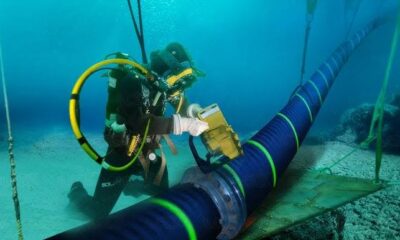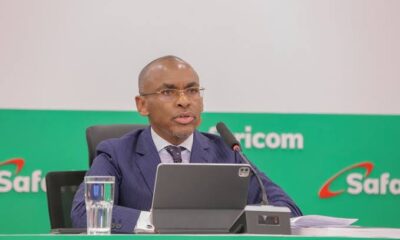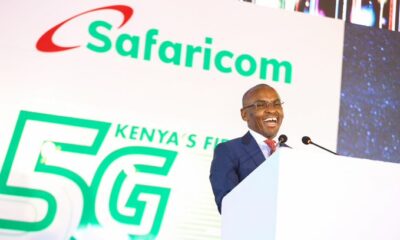To facilitate the delivery of an additional 90,000 kilometres of fiber optic cable for universal internet access throughout Nigeria, the Federal Government has approved a special-purpose vehicle.
An SPV is a distinct legal entity established for a particular purpose or undertaking. In this case, the SPV will oversee the execution, budget, and day-to-day operations of the fiber optics project.
In a statement released on Tuesday, Bosun Tijani, the Minister of Communications, Innovation, and Digital Economy, said that the project will maximize the utilization of eight underwater cables that have already touched down in Nigeria and boost the country’s internet access infrastructure.
According to him, the project is anticipated to boost Nigeria’s fibre optic cable capacity from 35,000 km to 125,000 km, placing it third in length among terrestrial fibre optic backbones in Africa, after Egypt and South Africa.
Tijani stated that for the past few months, the ministry had started laying the foundation for the SPV, which would be modelled after some of the best public-private partnership setups in Nigeria, like NIBSS and NLNG, in terms of administration and operations.
The minister explained, “This extensive coverage will enable us to optimise the unique benefit of having eight submarine cables already landed in Nigeria and, therefore, drive uptake of the data capacity that the cables offer beyond the current usage level of 10 per cent.
“Building on our existing work with the Broadband Alliance, this increased connectivity will help plug the current non-consumption gap by connecting over 200,000 educational, healthcare and social institutions across Nigeria, ensuring that a larger section of our society can be included in the benefits of internet connectivity.”
Approximately 71% of Nigerians do not regularly have access to mobile internet, according to a research released last week by the Groupe Special Mobile Association.
With the correct policies in place, Nigeria may gain 15 million Internet users by 2028. It was also stated that without universal access to digital connection, a more comprehensive digital transformation of the Nigerian economy would not be feasible.
The report stated, “While 29 per cent of Nigerians are regularly using mobile internet, there remains untapped potential; 71 per cent are not accessing these services regularly.
“An improved policy environment has the potential to help the industry boost coverage and adoption, resulting in 15 million additional internet users by 2028. However, the sector faces challenges to infrastructure deployment”.

 Tech2 days ago
Tech2 days ago
 Politics1 day ago
Politics1 day ago
 VenturesNow1 day ago
VenturesNow1 day ago
 Sports20 hours ago
Sports20 hours ago




























